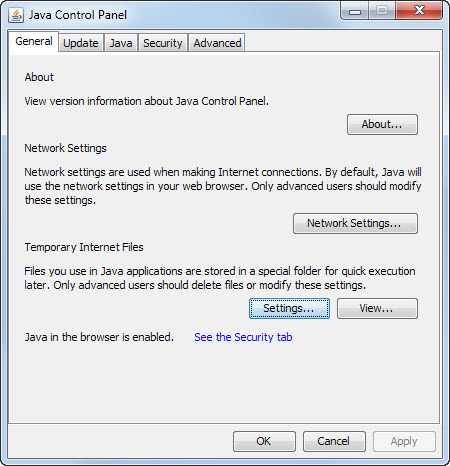Wave Goodbye to the Java Plugin (if you have not already)
Oracle announced on January 27 that it will deprecate the Java browser plugin in JDK 9.
Browser plugins, at least those based on the ancient NPAPI standard, will become a thing of the past in 2016 when all major browsers will stop supporting them.
Years ago, browser plugins were used to power a variety of services including media streaming, DRM enforcement, gaming, or web applications.
These plugins, even though they provided functionality needed at that time, were prone to security, stability and performance issues, and users had to make sure to upgrade these plugins regularly to avoid any issues in this regard.
The rise of HTML5 and a shift towards this plugin-less technology has made browser plugins obsolete, and companies like Google, Microsoft or Mozilla have already begun to, or are about to start, blocking plugins from the browsers they produce.
Browser Plugins will be a thing of the past at the end of the year as things stand. This is done by removing NPAPI support from the browser which in turn ensures that these plugins are no longer picked up and integrated in said browsers.

One could say that Oracle is only reacting to reality with its announcement of deprecating the Java plugin as the plugin relies on continuing support of NPAPI in browsers.
With support gone, it does not make any sense to continue supporting the plugin.
Oracle plans to deprecate the Java browser plugin in JDK 9. This technology will be removed from the Oracle JDK and JRE in a future Java SE release.
Some browsers may still support NPAPI after the major browsers stop supporting it, but a low user count is probably the reason why Oracle is deprecating the plugin anyway.
Java 9 is available as an early access release currently. According to Oracle's schedule, the final version of Java 9 will be available on September 22, 2016.
Oracle has created a migration whitepaper for webmasters and content creators who rely on Java applets currently. It has been designed to help migrate from Java applets to plugin-free Java technologies such as Java Web Start.
It is likely however that some services won't migrate to other technologies, such as Java Web Start. These services will stop functioning in modern browsers at that time and there is little one can do about it.
The only option at that point is to use a browser that still supports NPAPI, for instance an older version), and the latest Java version that supports the browser plugin.
Since this leaves the doors wide open for attacks, it is generally not recommended.
This article was first seen on ComTek's "TekBits" Technology News

- Log in to post comments